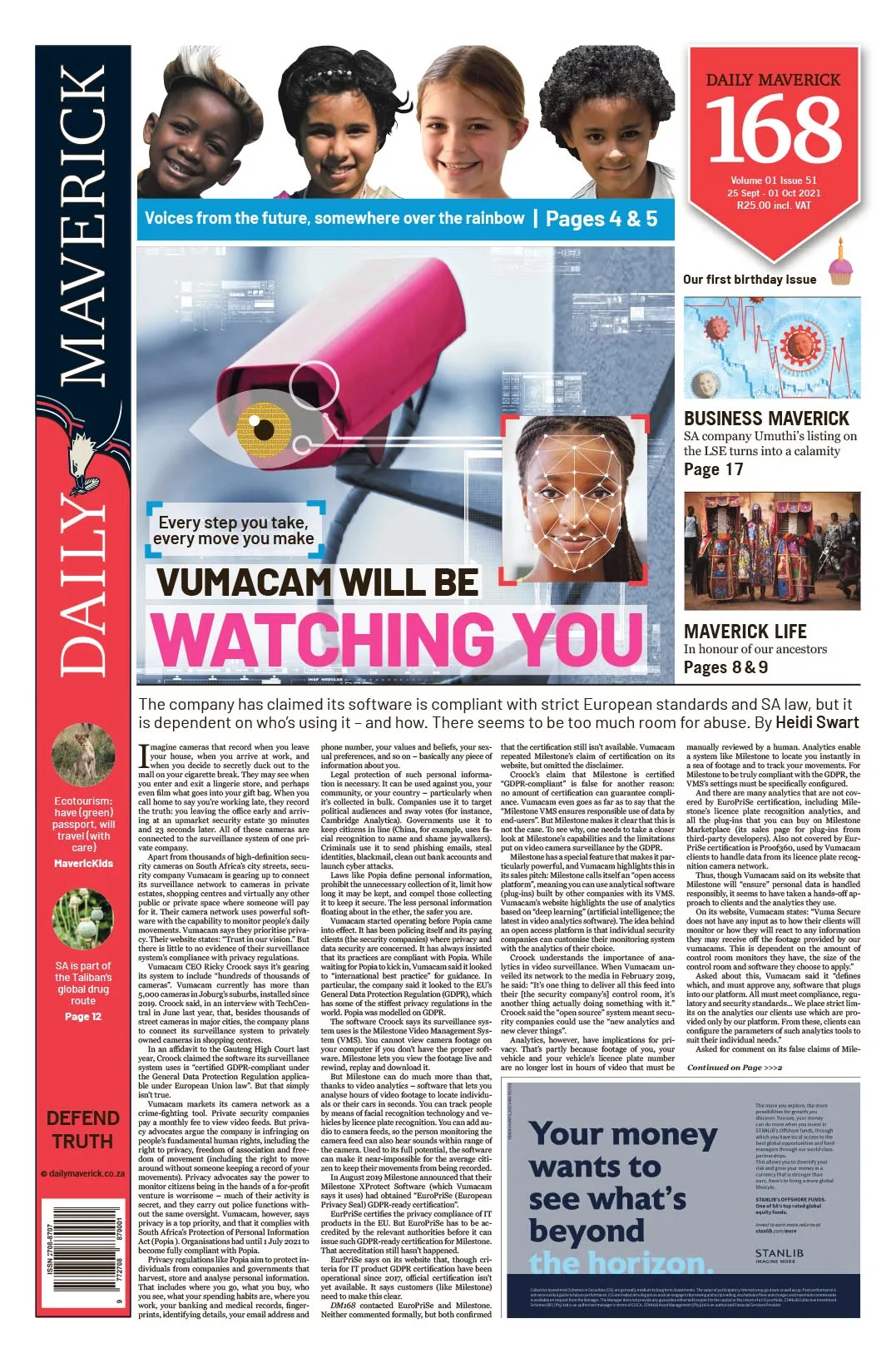First published in the Daily Maverick 168 weekly newspaper.
In the seven years since his term began, South African Reserve Bank (Sarb) Governor Lesetja Kganyago has had almost as many line managers, something that has probably jaundiced his view of the job. This as the bank’s insulation from day-to-day politics falls away, making its task more complicated than its strict mandate of price and financial stability.
For a long time, Sarb seemed to take the National Treasury’s place as the macroeconomic authority in SA, especially to outsiders and foreign investors, who were too far removed to figure out what the long-term economic policy path entailed. The dilemma foreshadowed the current global debate about whether central banks are the only backstop against complete financial meltdown triggered by external mega-shocks.
In developed economies, like the US and EU, central banks have more power to influence economic outcomes beyond inflation, leveraging their big balance sheets and their status as reserve currencies. But the situation in emerging economies is different, with treasuries enjoying more might.
But in SA, the regular change of finance ministers has brought with it political heat on Sarb. It had to change if the economy was to change. High inflation could be dealt with later, the near equivalent confluence of issues that have made central banking a volatile terrain globally, with the Covid-19 pandemic force-fusing policy contests.
That Sarb has faced these existential challenges before is instructive. How it dealt with the challenge to its mandate before may tell us how it will cope with today’s drama.
That the debate over the role of the central bank preceded the coronavirus mega-shock by a mere two years is a boon for activists, policy wonks and economic historians. It foreshadowed some fierce debates about the role of the central bank during a financial crisis that is still raging today, which is about more than macroeconomic policy, money printing and low lending rates. It is a debate about the political route to greater prosperity and employment.
In 2019, in a speech in New York at the Peterson Institute for International Economics, Kganyago did what central bankers loathe: he talked about politics. It was one of the defining speeches of his tenure, doing away with technical and impenetrable language and giving rare insight into the pressures the institute faced in the aftermath of the Nenegate crisis in 2015.
“When I reflect on what the Reserve Bank was doing during this period, I cannot say it was all about maintaining a credible commitment to sound monetary policy,” he said.
“The problem we were really addressing was the principal-agent problem. The people of South Africa were relying on their government to look after their interests, while some people were instead using public power to pilfer. Sarb made that more difficult, which is why the bank was attacked.”
“Attacked” is a strong word, but it has to be seen in context. The calls for Sarb to be nationalised spoke to a desire for deeper economic plurality in what is the world’s most unequal society. That it came at a time of political crisis when the independence and stability of other key institutions was being questioned, fatally muddied the waters. It necessitated the strong response from the central bank – which ultimately saw the move as a cover for a political group attempting to seize control of the financial levers for its own personal ends.
SA has not been unique in this regard, and the country has been spared the kind of blood-letting seen in comparable emerging-market countries like Turkey and Brazil. In Turkey, President Recep Tayyip Erdoğan sacked his central bank governor in March.
Erdoğan wanted the central bank to cut interest rates in response to soaring consumer inflation, while the central bankers had a different view that higher rates were the answer to fast-rising prices.
Matters have changed and SA’s political climate has cooled somewhat, and so has Sarb’s openness to tweaking its mandate.
In a speech at Stellenbosch University a few weeks ago, Kganyago said: “I am well aware that this is a delicate moment for South Africa’s economic recovery.
“I am even more painfully aware of a South African disease: we are scared of reform; we make every excuse to avoid it; we emphasise any short-term pain and discount any long-term benefits; and then we sit around, wondering why our economy is stagnating.”
Having withstood the political upheaval of SA’s recent past, Sarb may now be ready to debate the economic fine points of its mandate, something that presents a big opportunity for the country. DM168
This story first appeared in our weekly Daily Maverick 168 newspaper which is available for R25 at Pick n Pay, Exclusive Books and airport bookstores. For your nearest stockist, please click here.


















 Become an Insider
Become an Insider
Thank you for an insightful piece.